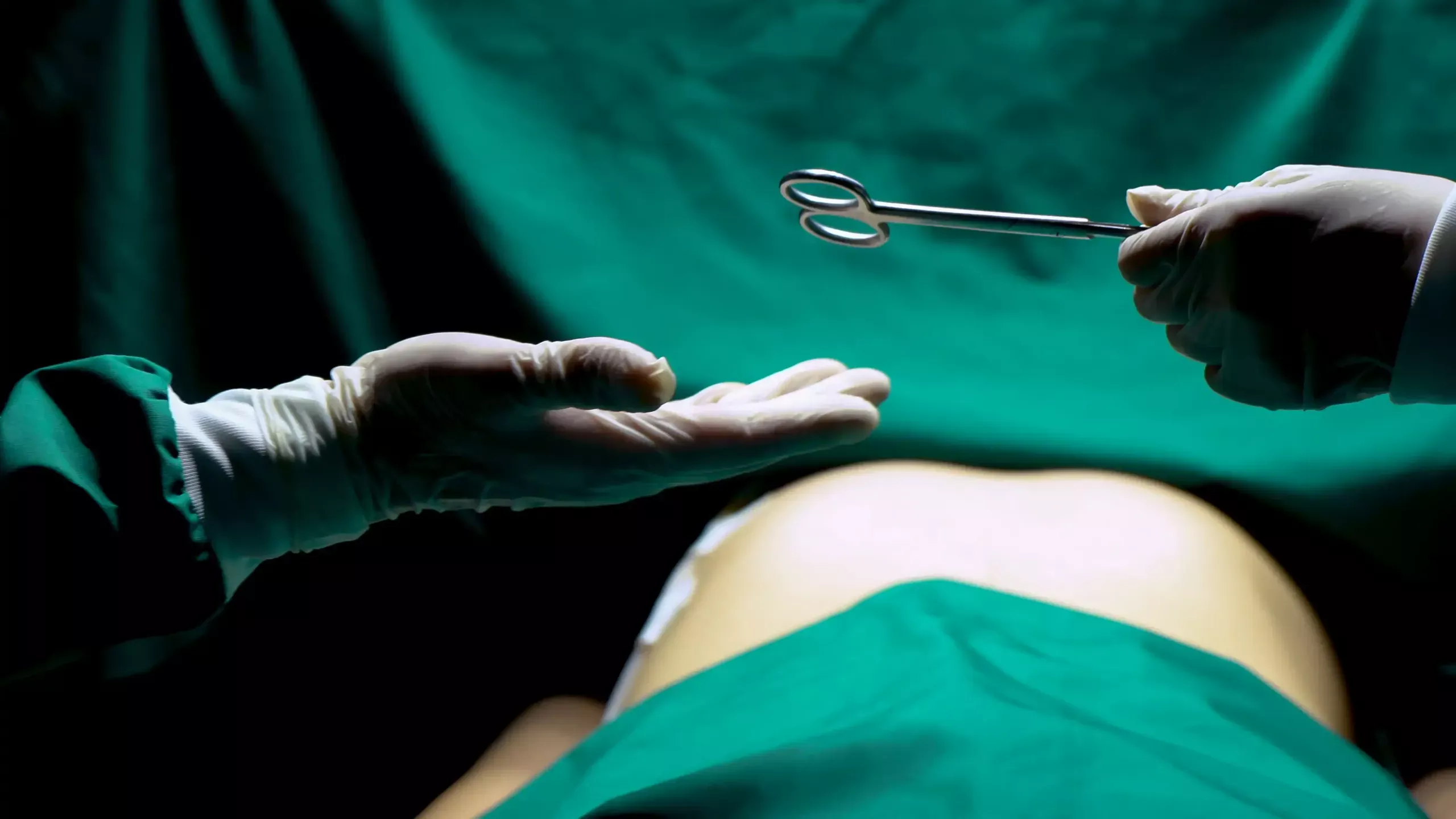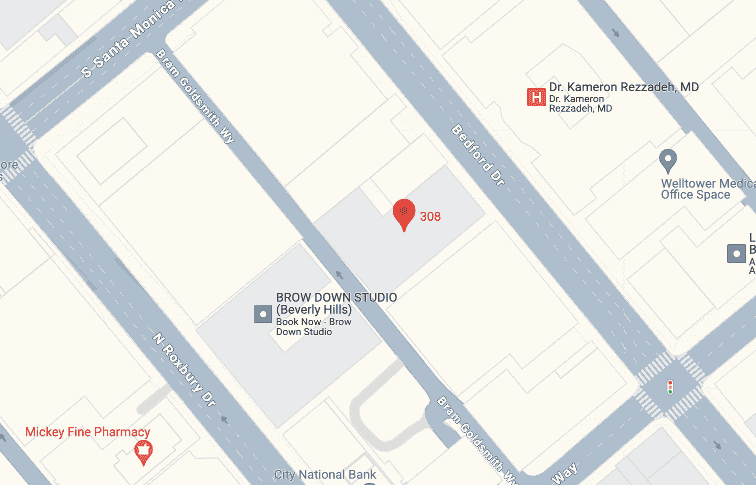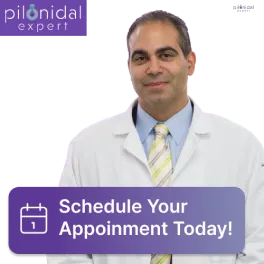A colorectal surgeon pilonidal cyst is a highly specialized medical professional with expertise in the diagnosis and surgical management of conditions affecting the colon, rectum, anus, and the surrounding areas of the gastrointestinal system.
Pilonidal cysts are a painful and troublesome condition that commonly affects young adults. They can make people feel uncomfortable and occasionally even disabled. Despite the fact that many pilonidal cyst cases can be treated conservatively, there comes a time for some patients when surgery is required. In this article, we’ll look into the issue of when a pilonidal cyst requires surgery.
Conservative Treatment Options
When a pilonidal cyst is discovered, conservative management is usually the first course of action. This includes actions like:
- Warm Compresses: Using warm compresses on the affected area can help reduce discomfort and encourage cyst drainage.
- Pain Medication: Over-the-counter pain relievers like ibuprofen or acetaminophen may be recommended to manage discomfort.
- Antibiotics: To treat an infection that is currently active, doctors may prescribe antibiotics.
- Hair Removal: Keeping the area clean and free of excess hair can reduce the risk of recurrence.
These conservative treatments are frequently effective in treating pilonidal cysts and avoiding further issues. Surgery may be required in some circumstances, though.
When Surgery is Needed
In order to treat pilonidal cysts, surgery is required in a number of specific situations:
Recurrent Infections: One of the primary indicators for surgical intervention is the recurrence of infections or the formation of abscesses within the pilonidal cyst. Surgery is frequently advised when these infections don’t get better despite conservative treatments. In these situations, the surgical procedure aims to get rid of the cyst as well as the possible source of these reoccurring infections.
Large or Complex Cysts:
Pilonidal cysts can vary greatly in size and complexity. Small, isolated cysts that can be treated successfully with conservative measures can develop in some people. Larger cysts or those with numerous sinus passages and tracts, however, are more difficult to treat non-surgically. The most efficient method for treating these complex cysts completely is frequently surgical excision. The risk of recurrence is greatly decreased by removing the entire cyst and affected tissue, including any sinus tracts.
Chronic Pain and Discomfort:
Even in the absence of active infections, pilonidal cyst patients can experience debilitating chronic pain and discomfort. In these situations, surgery might be suggested as a way to offer long-term relief. The source of this persistent discomfort can be relieved by colorectal surgeons by removing the cyst and any associated scar tissue or damaged skin.
Failure of Conservative Treatment:
While conservative treatments like warm compresses, antibiotics, and good hygiene practices are the initial approach for managing pilonidal cysts, they may not always yield satisfactory results. After receiving conservative treatment, some patients might only feel temporary relief or discover that the cyst reappears soon after. In these situations, surgery might be thought of as a more permanent fix.
The Role of a Colorectal Surgeon Pilonidal Cyst
A colorectal surgeon is a highly specialized healthcare provider who has special training and experience in the diagnosis, treatment, and surgical management of conditions affecting the colon, rectum, anus, and the surrounding perianal region, including pilonidal cysts. They play a crucial role in ensuring that patients receive the most efficient and individualized care possible in the context of pilonidal cysts.
Here is a detailed explanation of the role of a colorectal surgeon in the treatment of pilonidal cysts:
Comprehensive Evaluation and Diagnosis:
Conducting an exhaustive evaluation and diagnosis of pilonidal cysts is a crucial component of a colorectal surgeon’s job. This assessment includes a thorough analysis of the patient’s medical history, a physical exam, and, if required, imaging tests. Pilonidal cysts can be accurately diagnosed because colorectal surgeons are skilled at distinguishing them from other conditions that present with comparable symptoms.
Surgical Experience:
Colorectal surgeons prioritize their surgical experience when surgery is deemed necessary. Pilonidal cysts are primarily treated through surgical excision. The surgeon carefully removes the entire cyst during this procedure, along with any affiliating tissue, debris, hair, and sinus tracts. The risk of a cyst recurrence must be kept to a minimum with this meticulous approach.
Recurrence Prevention:
Preventing the recurrence of pilonidal cysts is a critical component of the colorectal surgeon’s job. In order to accomplish this, the surgeon makes sure that all damaged tissue is completely removed, leaving a clean wound that can heal properly. They also offer advice on how to care for your wounds after surgery and how to improve your hygiene and lifestyle to lower your risk of developing cysts later on.
Advanced Methods:
Colorectal surgeons keep up with the most recent developments in medical science and technology. They might choose minimally invasive or sophisticated techniques, like laser therapy or minimal access surgery, which can have advantages like fewer scars, faster healing times, and reduced post-operative discomfort.
Pain management:
A colorectal surgeon’s role in the treatment of pilonidal cysts includes addressing pain and discomfort. They make sure that patients get the right pain medication before, during, and after surgery to improve comfort and hasten recovery.
Postoperative Care:
Colorectal surgeons continue to be essential to patients’ care after surgery. They arrange frequent follow-up visits to evaluate the surgical site, track the healing process, and address any issues or potential complications. For patients to have the best results, this ongoing care is crucial.
Patient Education:
Colorectal surgeons spend time teaching patients about their condition as well as the value of proper hygiene and post-operative care. To reduce complications and recurrence, they offer detailed instructions on wound care, bathing, and activities to avoid while recovering.
Recovery and Follow-up
After a pilonidal cyst operation, patients need a few weeks to heal completely. It is essential to adhere to the surgeon’s post-operative care instructions during this time. These guidelines frequently include advice on how to treat wounds, how to deal with pain, and when to resume regular activities.
To track the course of the healing process, guarantee there are no complications, and address any issues that may surface during the recovery period, it is crucial to schedule routine follow-up appointments with the colorectal surgeon.
Find Out More About Pilonidal Cyst Surgery, Today!
If you want to learn more about pilonidal cysts, and pilonidal cyst surgery, reach out to Pilonidal Experts, the premier option for colorectal surgeon pilonidal cyst.
Don’t let the pain and discomfort of pilonidal cysts hold you back any longer, and find out if pilonidal cyst surgery is right for you. Don’t wait! Call now and take the first step towards lasting relief and a cyst-free life








